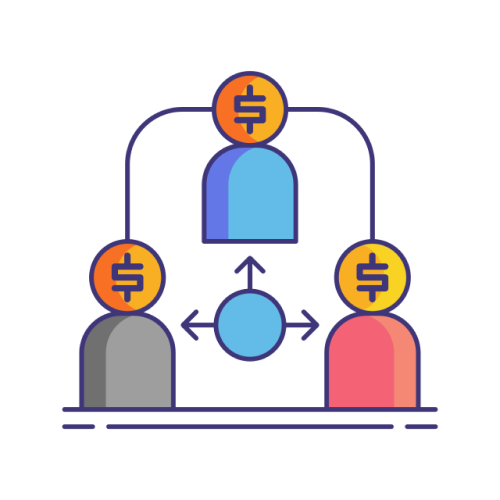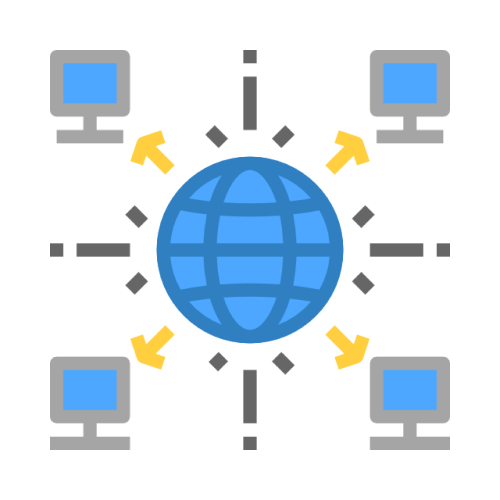December 2, 2022
By DH Kim, CEO of Finhaven
In considering the current crypto market turmoil with FTX and BlockFi, and the Defi’s adoption challenge, I would like to briefly introduce our platform principles.
At Finhaven, we have five key principles in building and operating our platform. When you read our principles, you may be able to find some solutions to the adoption challenges of Defi and the current crypto market problems.

First, we simplify capital markets by reducing intermediaries from multiple to one. The simplest transaction model is not P2P, but it is P2P and a witness. Leveraging blockchain technology, we do not remove intermediaries, but we reduce intermediaries to one. The witness is a very important actor in terms of consumer protection. Let’s remember that even in the ancient times, the simplest transaction model was buyer, seller and witness.

Second, the P2P atomic transaction is meaningful, from an innovation perspective, only when we solve the crypto custody issue. Custody, on its own, is a huge topic and so I will not go into detail. However, one thing that I want to point out is that the custody issue shows very well the challenges involving the user experience and regulations. Our guiding principle is to provide a non custodial wallet with great user experience with the technological protection of the assets in the wallet.

Third, crypto transactions should be directly related to real economic transactions. Any economic transaction involves the intrinsic value of an asset. The current Defi efficiency is relatively higher than efficiency in the traditional markets because they are mostly crypto native transactions. At present, then, Defi is like building an economic theory under the assumption of “other things being equal”, whereas the real world has so many dynamic variables.

Fourth, we make progress with information distribution. The information relating to an asset is critical. The traditional capital markets have strived to solve the information asymmetry issue for a long time, but we are still struggling with it. What information should be available to whom, when, and how. These issues should be considered.

Lastly, we take great care of governance and conflict of interest. Programming and algorithms have limitations. It is after all about people. The recent crypto turmoils are not about technology, but about people relating to governance and conflict of interest. Real world governance is not as simple as voting with governance tokens.